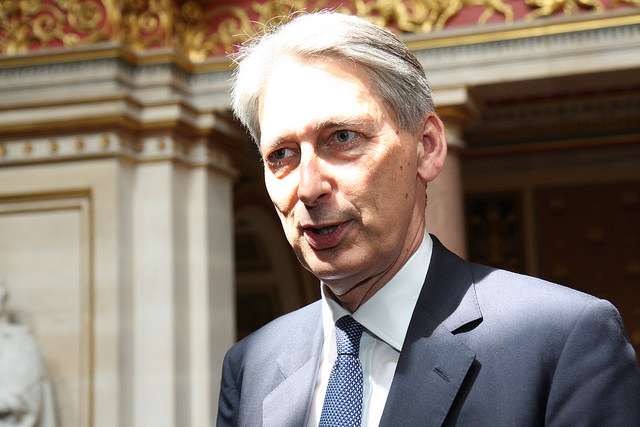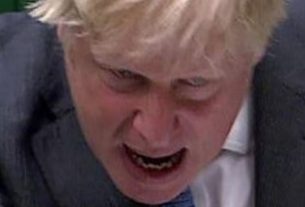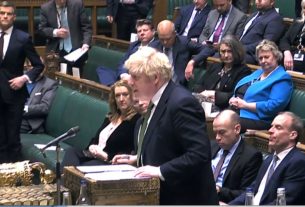Chancellor Philip Hammond declared that austerity is coming to an end as he unveiled a package of spending in his 2018 Budget.
His pledges included billions for road improvements, social care, the controversial universal credit system and business rate relief for small companies.
There was also £400m for schools and a commitment to raise the income tax personal allowance to £12,500 and the higher rate threshold to £50,000 from April next year.
Mr Hammond unveiled plans for a new tax on the profits of high-tech firms that have been criticised for not paying their fair share, including Amazon, Google and Facebook.
Labour dismissed Mr Hammond’s claims that austerity was over after his speech, with Jeremy Corbyn claiming it was a “broken promise Budget”.
“What we’ve heard today are half measures and quick fixes while austerity grinds on,” Mr Corbyn told the Commons.
In a speech lasting 80 minutes, Mr Hammond told MPs that the public finances had been repaired and added: “We have reached a defining moment on this long, hard journey.
He pledged an extra £2.7 billion for universal credit after heavy cross-party criticism that it was insufficiently funded and was causing increased hardship.
An extra £1bn will be provided over five years to help people moving to universal credit and they will be able to earn £1,000 more before losing benefits, costing £1.7bn a year.
Other measures included:
- Beer, cider and spirits duty frozen, saving 2p on a pint of beer, 1p on a pint of cider, and 30p on a bottle of spirits.
- Wine duty to rise by 8p a bottle from February 1 next year.
- A packet of 20 cigarettes went up by 33p from last night.
- The freeze on fuel duty will continue.
- £30bn of spending on roads to include a programme of pothole repairs.
- An extra £650m in 2019-20 to help English local authorities cope with rising care bills.
- An extra £2bn for English mental health services, as part of a £20 billion NHS package that had already been announced.
- The use of Private Finance Initiatives (PFIs) to end.
- £900m in rate relief for small businesses and £650m to support high streets.
- Business rate relief for all toilets used by the public.
Mr Hammond’s plans to tax the profits of internet giants such as Facebook and Amazon are subject to consultation but if approved would bring in around £400m a year by April 2020.
Mr Hammond appeared to warn in his Budget speech that another statement could be necessary next Spring if Britain faced leaving the EU without a deal.
He said his Budget assumed that the UK would secure an “average-type free trade deal”.




